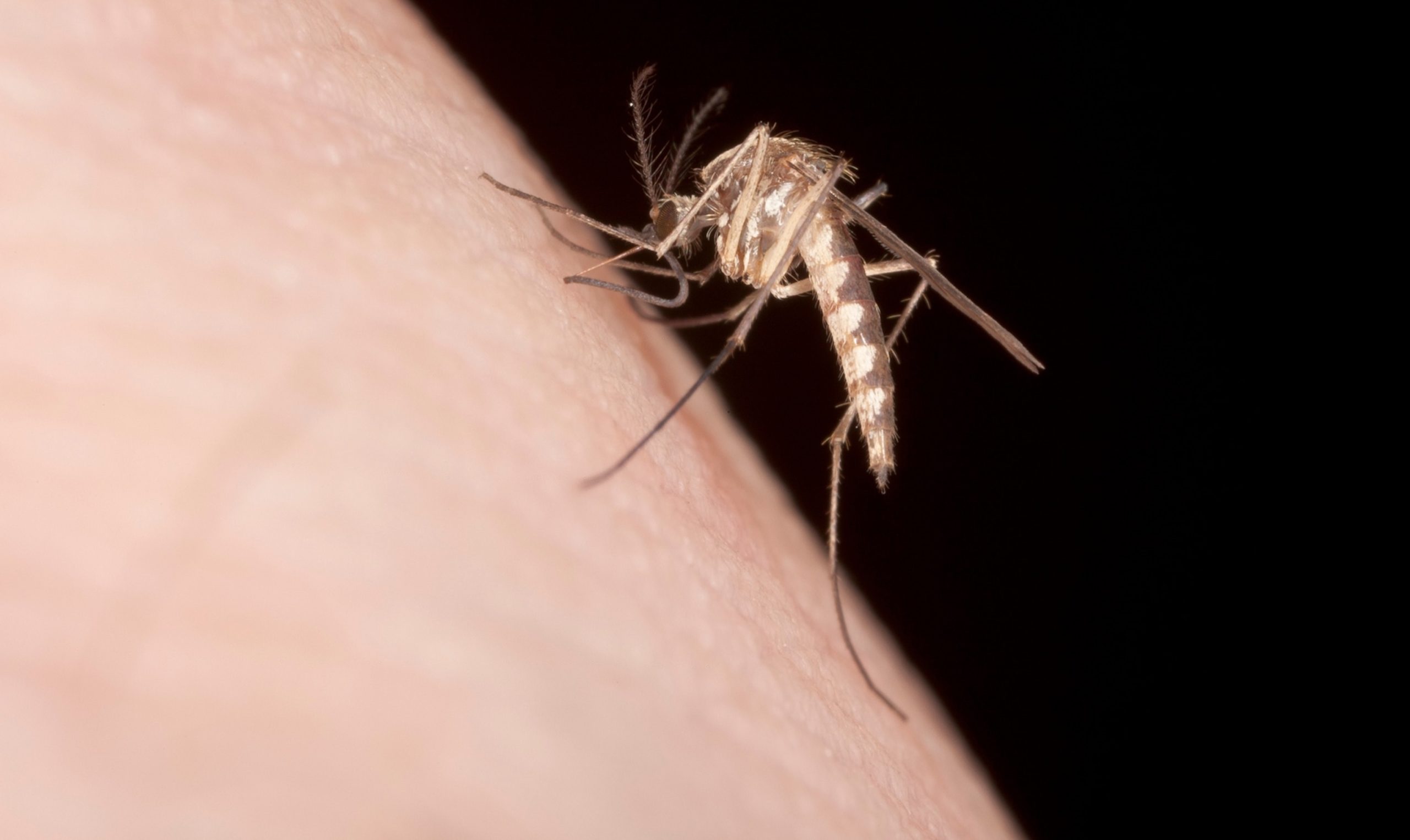
MINNEAPOLIS — The federal Centers for Disease Control and Prevention has reaffirmed the importance of properly cooking wild game after six people became sick from a parasite traced to undercooked bear meat that was served at a family reunion in South Dakota.
The six — one in South Dakota, four in Minnesota and one in Arizona — became infected when bear meat that was served rare turned out to be contaminated with roundworms that cause trichinellosis, also known as trichinosis. Two of the people ate only the vegetables that were grilled with the meat. While the meat had been frozen for 45 days, the trichinella worms were from a freeze-resistant species.
“Persons who consume meat from wild game animals should be aware that that adequate cooking is the only reliable way to kill Trichinella parasites and that infected meat can cross-contaminate other food,” the CDC said in its report on the outbreak last week.
The first case turned up after the 2022 reunion in a 29-year-old Minnesota man who had been hospitalized twice with fever, muscle aches and pain and swelling around his eyes, among other abnormalities. A sample of the meat, from a black bear harvested in Saskatchewan, tested positive. Three of the victims were hospitalized in all. All six, ranging in age from 12 to 62, eventually recovered.
Trichinellosis has become rare in the U.S. While it was once commonly associated with undercooked pork, most U.S. cases nowadays are attributed to consumption of wild game. From 2016 to 2022, seven outbreaks, including 35 probable and confirmed cases, were reported to the CDC. Bear meat was the suspected or confirmed source in most of those outbreaks.
The larvae can settle into intestinal, muscle, heart and brain tissues, according to the National Institutes of Health. Most patients fully recover within two to six months.
The CDC recommends cooking wild game to at least 165 degrees Fahrenheit (74 degrees Celsius), as verified with a meat thermometer. Meat color is not a good indicator. The family members ate some of the meat before realizing it was undercooked and recooking it, the report said. Raw and undercooked meat and their juices should be kept separate from other foods.
Authorities are urging caution when it comes to cooking wild game following a recent incident where several relatives fell ill after consuming bear meat contaminated with a parasite. The incident serves as a stark reminder of the importance of properly handling and cooking wild game to prevent the spread of harmful pathogens.
The outbreak occurred when a family in a rural area decided to cook and eat bear meat that had been hunted by one of the relatives. Unfortunately, the meat was not cooked thoroughly, allowing a parasite known as Trichinella spiralis to survive and infect those who consumed it. The parasite can cause a range of symptoms, including nausea, diarrhea, muscle pain, and fever, and in severe cases, it can lead to more serious complications.
In response to the incident, health authorities are urging hunters and consumers of wild game to take extra precautions when handling and cooking meat from wild animals. This includes properly cleaning and dressing the animal, ensuring that all meat is cooked to a safe internal temperature, and avoiding cross-contamination with other foods.
Proper cooking techniques are essential for killing off any harmful bacteria or parasites that may be present in wild game. This includes cooking meat to an internal temperature of at least 160°F (71°C) to ensure that all pathogens are destroyed. It is also important to avoid eating raw or undercooked meat, as this can increase the risk of foodborne illness.
In addition to cooking meat thoroughly, hunters should also be aware of the risks associated with consuming certain types of wild game. Some animals, such as bears and wild boars, are more likely to carry parasites and other pathogens that can be harmful to humans. It is important to be aware of these risks and take appropriate precautions when hunting and preparing these animals for consumption.
Overall, the recent incident serves as a reminder of the importance of proper food safety practices when it comes to handling and cooking wild game. By following guidelines for safe handling and cooking techniques, hunters and consumers can reduce the risk of foodborne illness and ensure that their meals are safe and enjoyable.


